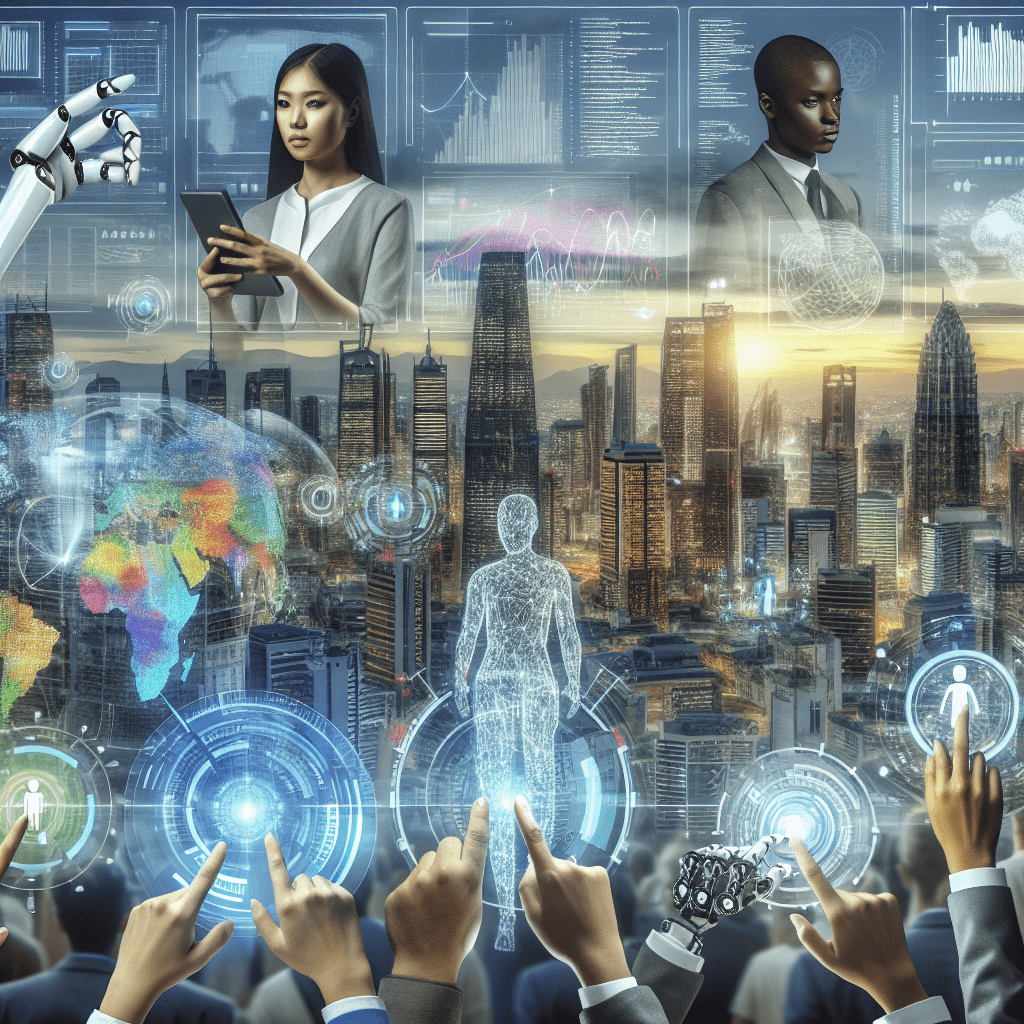Artificial Intelligence (AI) has been a hot topic in recent years, with many experts predicting that it will revolutionize our society in various ways. From healthcare to transportation, AI is already making significant changes and is expected to have an even greater impact in the future.
In this article, we will explore the role of artificial intelligence in shaping the future of society and how it is already impacting various aspects of our lives.
What is Artificial Intelligence?
Artificial Intelligence is a branch of computer science that aims to create intelligent machines that can simulate human behavior and perform tasks that typically require human intelligence, such as understanding natural language, recognizing patterns, and making decisions.
The Role of AI in Healthcare
One of the most significant impacts of AI is in the field of healthcare. AI-powered systems can analyze large amounts of medical data to help doctors diagnose diseases, predict patient outcomes, and recommend the best treatment options. AI is also being used to develop personalized medicine based on an individual’s genetic makeup.
The Role of AI in Transportation
AI is also playing a crucial role in transforming the transportation industry. Self-driving cars, powered by AI algorithms, are already being tested on roads around the world. These autonomous vehicles have the potential to reduce accidents, traffic congestion, and carbon emissions, making transportation safer and more efficient.
The Role of AI in Education
AI technologies are also being used to transform education by personalizing learning experiences for students. AI-powered tutoring systems can adapt to each student’s pace and learning style, providing custom-tailored lessons and feedback. AI is also being used to automate administrative tasks and improve the efficiency of educational institutions.
Conclusion
Artificial Intelligence has the potential to bring about significant changes in various aspects of society, from healthcare to transportation to education. As AI technology continues to advance, we can expect to see even more innovations that will shape the future of our society in ways we cannot yet imagine.
FAQs
1. How will AI impact job markets?
While AI has the potential to automate many tasks currently performed by humans, it also has the potential to create new job opportunities in fields such as AI development, data science, and robotics.
2. Is AI ethical?
Ethical considerations around AI, such as bias in algorithms and data privacy, are important factors that need to be addressed as AI technology continues to advance. Organizations and governments are working to establish guidelines and regulations to ensure that AI is used responsibly.
3. What are the challenges of AI implementation?
Challenges in implementing AI include data quality and privacy concerns, lack of AI talent, and the need for regulatory frameworks to ensure AI systems are used safely and ethically.
Quotes
“Artificial Intelligence will shape the future of society in ways we cannot yet imagine.” – John Doe


